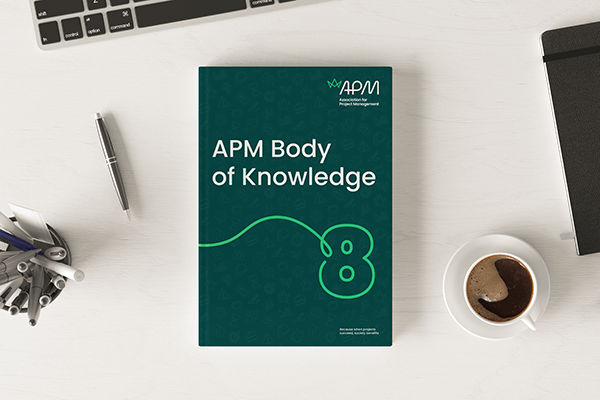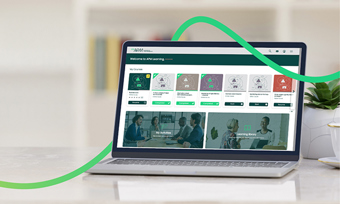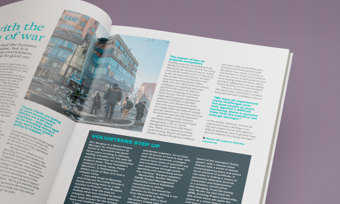
As a project professional, you need to know how to make your projects fairer because the individuals you are working with care about fairness.... read more.
Professionalism is a demonstrable awareness and the application of expert and specialised knowledge within a specific field and the acceptance of standards relating to that profession application of competences and qualities, including knowledge, and appropriate skills.
Definition from APM Body of Knowledge 8th edition
Project professionals must be equipped with excellent interpersonal skills such as communication, leadership and empowerment. Good interpersonal skills not only enable professionalism in the workplace, but they are a vital condition for project success.
Over 95 per cent of survey respondents in the Dynamic Conditions of Project Success research consider interpersonal skills one of the most important factors for project success.
Find out more about the conditions that enhance project outcomes here.
Some of these skills include the ability to communicate; a core skill for people working in projects, programmes and portfolios to ensure objectives and requirements are understood, plans and benefits are shared, stakeholders are aligned, teams are motivated and knowledge is embedded.
There are many situations in project-based working where ‘deals’ need to be made – from agreeing the release of a functional expert to support the project, to negotiating large contracts with suppliers and everything in between.
Negotiation is a vital skill that project and programme managers utilise during the project life cycle. Another key skill for any project professional is the ability to manage personal time and prioritise work, balancing what is most important with what is most urgent using an electronic diary or calendar, etc.
Working professionally also involves continually developing competence; project professionals seek knowledge and skills through continuing professional development (CPD). CPD is vital for project professionals to keep up to date and enhance their own competence over time, and to advance the standing of the profession and the trust that society puts into the ability for project based working to deliver value.
Project professionals also have a duty to act ethically and report any wrong doing. All project-based work operates within a legal and regulatory framework relevant to the industry and countries where the work is performed. The the project professional is responsible for understanding the regulatory environment so that they can work professionally. The APM FIVE Dimensions of Professionalism provides a framework to set standards and guide the development of project professionals.

As a project professional, you need to know how to make your projects fairer because the individuals you are working with care about fairness.... read more.





The APM Body of Knowledge is a foundational resource providing the concepts, functions and activities that make up professional project management. It reflects the developing profession, recognising project-based working at all levels, and across all sectors for influencers, decision makers, project professionals and their teams.


The APM Learning portal is an online resource which provides members with access to digital guides, modules and other digital learning resources as part of the membership benefit.

Browse our popular project management 'What is ...?' topics for definitions, quick insights, view related case studies, research, blogs and glossary.

Project – APM's official journal – is circulated quarterly for members only, and online for regularly updated news, blogs, opinions and insights for those in the project community.

The APM Community is our online community platform that connects our members faster and easier than ever before.